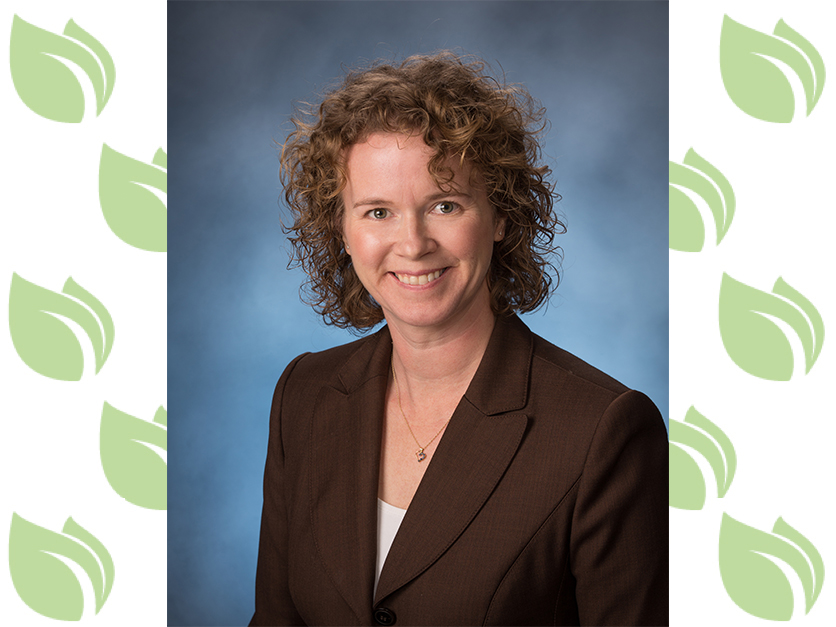If you want to learn about free trade – see how and why it works, watch the behavior of people who reside near international borders. It will reveal the way we want to live—and also show why the new United States-Mexico-Canada Agreement (USMCA) is a good idea that deserves quick congressional approval.
My dairy farm is in the northern reaches of Vermont. We’re a 20-minute drive south of Quebec. We’re closer to Montreal than we are to Boston.
So I see Canadians just about every weekend as they cross the border and shop in U.S. grocery stores. They choose to come here partly because we have good stores in convenient locations. But they also come because we have lower prices on lots of items.
This is especially true for milk, cheese, yogurt, and other dairy products, which are made artificially expensive in Canada due to protectionism. President Trump explained the situation with his trademark bluntness last year in a tweet: “Canada charges the U.S. a 270% tariff on Dairy Products! They didn’t tell you that, did they? Not fair to our farmers!”
As an American dairy farmer who lives close to Canada, I think about this unfairness whenever I spot a Canadian license plate in the parking lot of an American grocery store. It’s great to see these shoppers here, of course. At the same time, I wish we could sell more U.S. dairy products in Canada. My near-neighbors can zip across the border whenever they like, but the folks in Toronto and Winnipeg cannot.
Instead of expecting Canadians to come to us, we should go to them. The problem is that we lack permission. Canadian protectionism blocks our dairy products from reaching the people who actually want them.
A generation ago, the North American Free Trade Agreement began to tear down the political barriers that separated farmers and consumers across our continent. In the last 25 years, agricultural exports from the United States to Canada and Mexico have more than quadrupled, to nearly $40 billion last year.
In the annals of global trade, this is one of the great success stories. Yet NAFTA never was perfect. In many ways, it had become antiquated, especially with the rise of e-commerce and the need to defend intellectual property. It requires the update that USMCA now promises.
Moreover, it had failed to pry open Canada’s closed dairy sector. Although Americans exported about $600 million in dairy products to Canada in 2017, we haven’t had easy access to these customers.
USMCA, which would succeed NAFTA, begins to change this because it allows more of our products into Canada’s dairy market. The details are complicated. They involve a variety of pricing schemes and a dizzying array of products, from blocks of cheese to powdered milk to old-fashioned fluid milk.
The bottom line, however, is pretty simple: Under USMCA, the market share for American dairy producers over time will grow from 1 percent to 3.6 percent.
This is hardly an uninhibited market in dairy, but I’ll take it. USMCA represents a major improvement over the status quo. Canadian consumers will enjoy lower prices. American dairy farmers will gain new customers. They’ll save money and we’ll make money.
It’s also worth noting that USMCA is an even better deal than the one we would have received under the Trans-Pacific Partnership, which President Trump pulled the U.S. out of shortly after taking office. Under TPP, America’s share of the Canadian dairy market was slated to grow to 3.25 percent. Our trade diplomats deserve special praise for this accomplishment.
As much as USMCA will please American dairy farmers, it also will please Canada’s non-dairy farmers. They’re fed up with how Canada’s dairy protectionism complicates each of the country’s trade negotiations.
Perhaps best of all, the completion of USMCA will end a troubling period of uncertainty: As the White House fights trade wars with China and others, we haven’t known what to expect. A continent-wide turn to protectionism has seemed like a distinct possibility. USMCA, by contrast, recommits us to strong economic partnerships.
There’s only one thing left to do: Congress must approve USMCA.
Joanna Lidback and her husband operate the Farm at Wheeler Mountain, a diversified dairy farm in Vermont. Joanna volunteers as a board member for the Global Farmer Network. www.globalfarmernetwork.org

